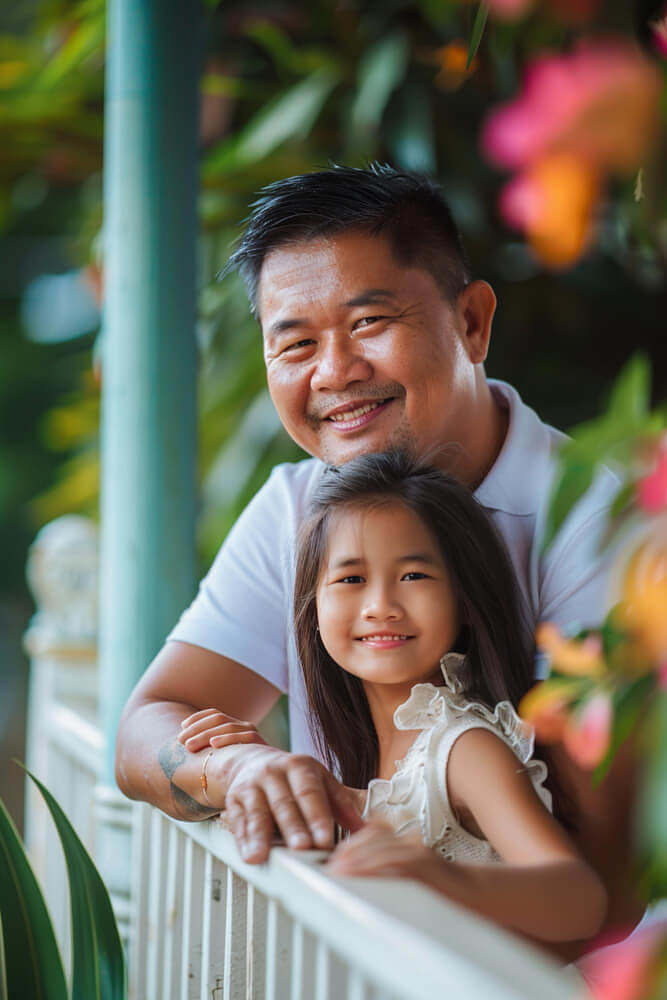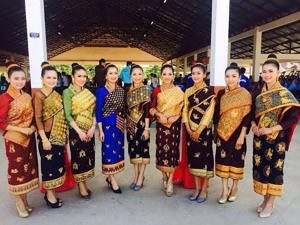Filipino Family Traditions
Filipino family traditions hold a unique and deeply rooted place in the country’s rich cultural heritage. These traditions reflect the values, respect, and strong bonds that make Filipino families special. Family is the core of Filipino life, and the customs passed down through generations play a vital role in maintaining harmony and love within families. In this article, we’ll explore some key aspects of Filipino family traditions, the influence of culture on family life, and how these practices continue to thrive in modern times.
Key Elements of Filipino Family Culture and Traditions
| Close-Knit Family Bonds | In the Philippines, the family is the most important unit in society. Filipino families maintain strong ties in rural areas or the bustling cities, often living close to or within the same household. Extended families, which include grandparents, aunts, uncles, and cousins, play a central role in raising children and supporting one another. |
| Respect for Elders (Paggalang) | One of the most well-known Filipino family traditions is the deep respect for elders. Children are taught from a young age to show respect to their elders, often demonstrated through gestures like the “mano” or “pagmamano,” where younger |
| Family-Oriented Celebrations | Filipino families celebrate many important events and milestones together. From birthdays to weddings, to religious festivals like Christmas and Holy Week, the whole family comes together to mark these occasions. Filipino Christmas, in particular, is filled with family traditions such as Noche Buena (a festive meal on Christmas Eve) and Simbang Gabi (attending early morning Masses leading up to Christmas Day) |
| Bayanihan Spirit | The concept of Bayanihan, or community spirit, is closely tied to Filipino family traditions. This value promotes helping one another, especially within the family. When a family member faces difficulties or is planning a significant event like a wedding or house renovation, extended family members and friends often come together to offer support, whether through financial assistance or physical help. |
| Importance of Education | Education is a priority in the Filipino family culture, and many parents make significant sacrifices to ensure their children can attend school. It’s common for older siblings to help finance the education of younger siblings, as the belief in the power of education to improve family circumstances is deeply ingrained in Filipino values. |
| Religious Practices | The majority of Filipinos are Roman Catholic, and religion plays a central role in family Filipino traditions. From baptisms to first communions and weddings, religious ceremonies are significant family events. Attending Sunday Mass together is a common practice, and prayer is often part of daily family life. |
Examples of Filipino Family Traditions
Fiesta Celebrations
Many Filipino families uphold the tradition of celebrating their town or city’s fiesta, a religious festival in honor of the patron saint. Families prepare grand meals and invite relatives and friends to join in the celebration, fostering a strong sense of community and family pride.
Balikbayan Boxes
Overseas Filipino workers often send “balikbayan boxes” filled with goods and gifts for their families. This is not just a material gesture but an expression of love and care for the family, symbolizing the strong ties Filipinos maintain with their loved ones despite being far away.
Padrino System

The padrino system, or godparenthood, is another vital aspect of Filipino family traditions. Godparents play a crucial role in the religious and personal lives of Filipino children, offering guidance and support, especially during significant life events like baptisms, birthdays, and weddings.
Family Values in Filipino Traditions
At the heart of Filipino family traditions and values are traits such as respect, loyalty, and unity. Family members are expected to be there for one another through thick and thin, reinforcing the concept of togetherness. Respect for elders, a commitment to education, and religious devotion are just some of the principles that guide the daily lives of Filipinos.
Filipinos also value the idea of “utang na loob,” or debt of gratitude, where family members feel an obligation to repay the kindness and support extended to them. This can be seen in the way parents are cared for by their children as they age, ensuring that the cycle of care and respect continues through generations.
Modern Adaptations of Filipino Family Traditions
While many of these Filipino family traditions remain intact today, modern Filipino families have also adapted certain practices. With the rise of overseas employment, technology has allowed families to stay connected through video calls, preserving strong family ties even across great distances. Despite modern changes, the essence of Filipino family culture—centered on unity, respect, and support—remains unwavering.
Filipino family traditions and culture are a testament to the strong bonds that define Filipino society. From respect for elders to the importance of family-oriented celebrations, these traditions not only preserve the past but also strengthen family ties in the present. While modern influences continue to shape Filipino families, the values that have been passed down through generations continue to thrive, ensuring that the heart of Filipino family life remains as vibrant as ever.
By embracing both old and new practices, Filipino families create a unique blend of tradition and progress, ensuring that the essence of family Filipino traditions endures for future generations.







